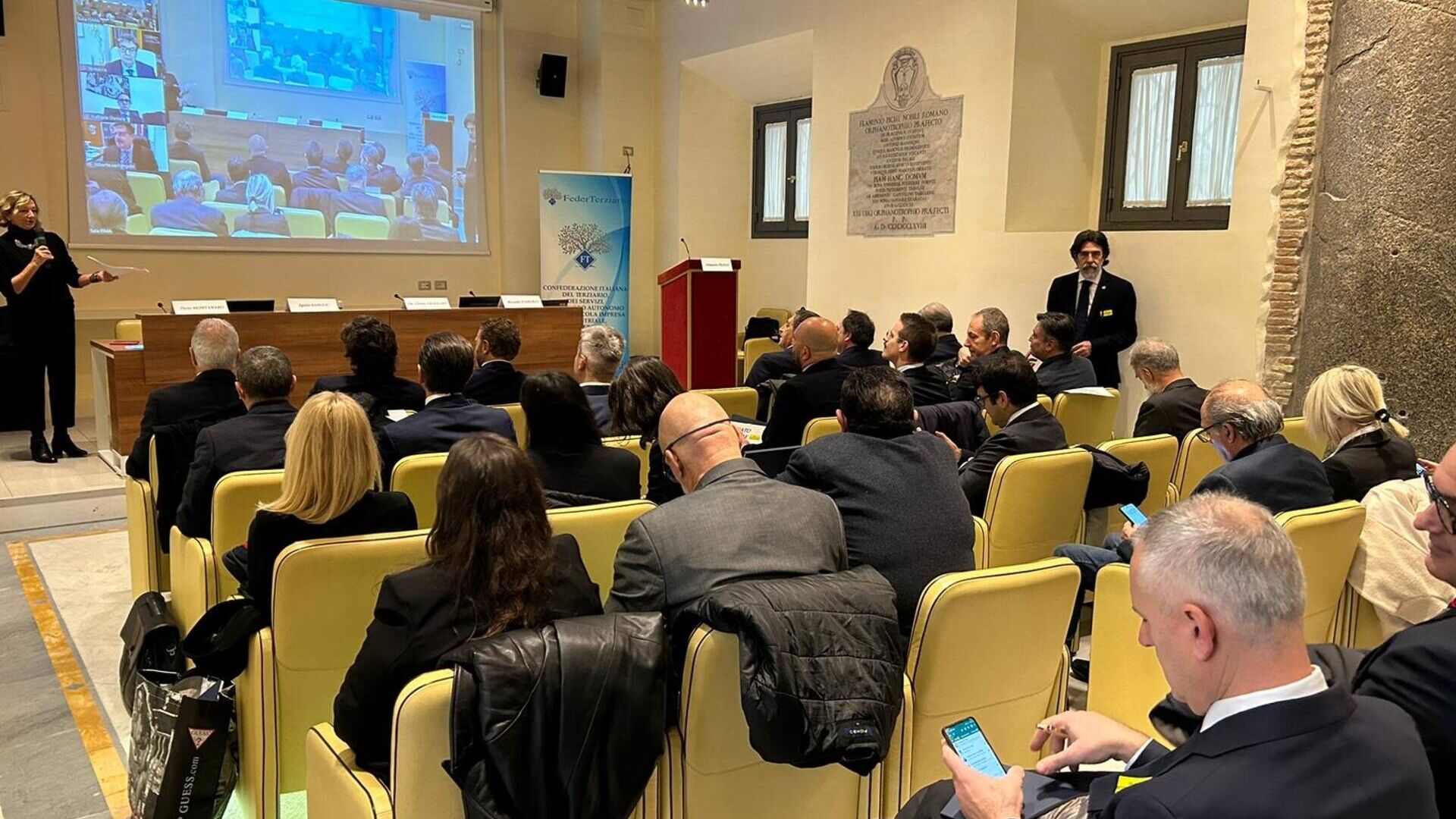Google announces the implementation of "page experiences": what they are and when they arrive
On May 28, 2020 Google officially announced the introduction of a new, very interesting algorithm: we are talking about Google Page Experience Update. It is a new metrics system designed to reward the user experience once and for all.
Among the vital elements that make up the lifeblood of any website there is, without a doubt, a lot of stuff: loading speed, responsiveness, fluidity, stability – elements that, taken together, go to create what becomes the user experience. Anyone with a minimal smattering of the web knows that all these things form the so-called ranking factors, i.e. those elements that favor the positioning of pages as high as possible among Google results.
Medal of Honor to user experience usually goes to online magazines and newspapers. The dishonor goes to the cow (and website) of the companies. Are you looking for specific information in the investors section of a website? Best wishes, nine times out of ten it's quicker to go and look for the press release on the stock exchange website. The bad user experience is responsible for a bad positioning and, therefore, for the site that ends up in oblivion and is not found by users, except through searches that are so specific as to be insignificant in terms of new arrivals.
Back to the point: welcome to Google's new algorithm: the Page experience.
What is Page Experience?
The page experience is the perception of ease of use that the user has of your website. For some elements (and for some people used to seeing websites in bursts), it's a conscious impression. For others, it's a gut feeling. Usually, a bad user experience makes you ask questions like:
- But where the heck is section X?
- Why can't the internal search engine find anything?
- The site is too large for my tablet screen! Why?!
And other things like that that make 2005 so much. In short: the user's perception of the browsing experience within a page or website is the user experience. The "page experience" update focuses on this set of factors to make the results of each Google search even more effective and relevant. Even more fitting and functional to what you have to do.
Taking into account that, like any Google algorithm, even the updated Page Experience is in fact unknown, we can include several elements within it almost without a shadow of a doubt:
- LCP: Largest Contentful Paint – In order to give the user a good user experience, websites should always be able to offer as much content as possible, explained in the easiest and most intuitive way possible. This applies not only to the amount of things written, but also to the layout of the same, which should be impeccable.
- Navigation safety. No one likes surfing to a new site only to magically receive new emails or have their data stolen.
- Mobile: If your site isn't as usable on mobile as it is on a laptop, there's a problem. And the problem is the design.
- HTTPS: All websites should be equipped with the https protocol. If you don't have it, it's time to upgrade.
- Overlapping content: Do content and ads overlap? Know that the average user rightly loathes this sort of thing. He always tries to avoid it.
- Reactivity: Your site should load perfectly in less than 2 seconds. It does?
All of these elements, and certainly many more, are part of the complex Google Page Experience equation.
The goal of this update is to put, once again, the user at the center of navigation. Google, just like any other company, cares about its end customer, and as a result seeks to favor usability above all else. If your site aligns with the required characteristics, all the better: you will be one of the privileged ones who will have the opportunity to end up on the much celebrated first page of Google!
When will Page Experience be ready?
As announced by Google, the update is currently in the testing phase, and will be officially launched on the market in May 2021. Webmasters can better prepare to receive this update by accessing their search console directly. This way, you will be able to access tools such as Page Speed Insights or Lighthouse to check if everything is under control.
Google's goal is to put the user at the center of the information retrieval experience. Is your site up to this task? How long does it take to find something on your website? We challenge you with the boomer test. Show your site to a digital non-native and ask them to find your contact page. If it takes more than two minutes, you have a big user experience problem.
You may also be interested in:
“The patient at the centre”: a great hope and a meeting in the Senate
The topic of the importance of innovation in medical devices for European healthcare will be explored on 15 May in Rome by experts and politicians
by Alberto NicoliniEditor of districtbiomedicale.it, BioMed News and Radio Pico
Four countries, one gigantic ocean: the CMAR case
It is the marine corridor of the eastern tropical Pacific: Panama, Ecuador, Colombia and Costa Rica allied for the protection of seas and marine species...
Lausanne, on the trail of pollution: the story of an incinerator
A team of scientists has reconstructed the events of the Vallon waste-to-energy plant and the invisible contamination that shocked the Canton of Vaud
How the environment determines the characteristics of the cheese
The tasting highlights how, with unchanged production rules, climate and fodder crops influence different organoleptic notes




